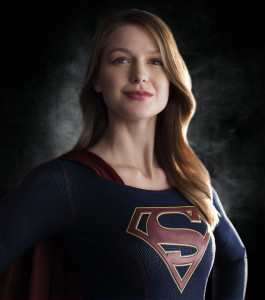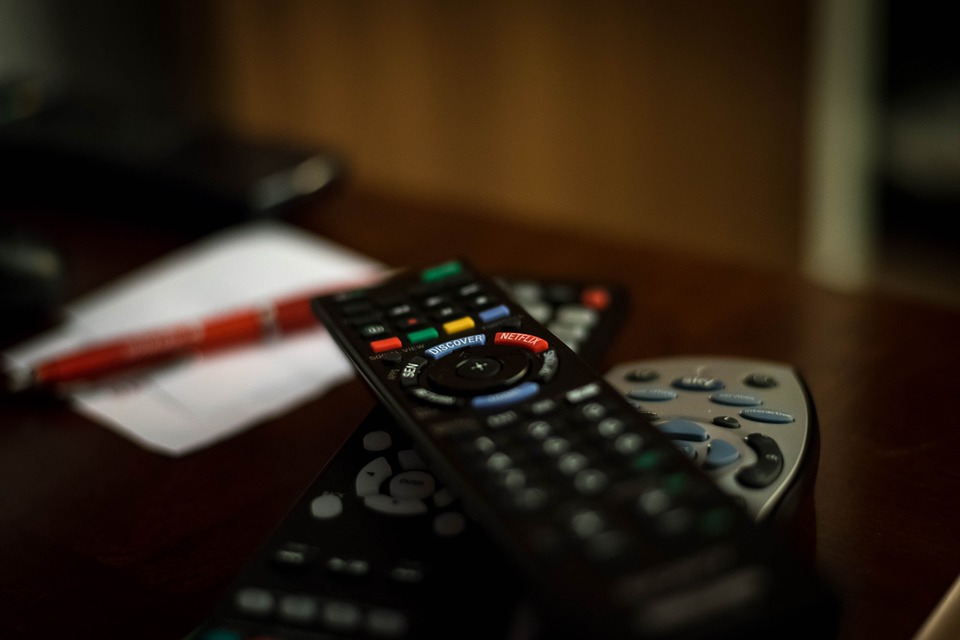Who loses in a nasty fan battle between Supergirl and Jessica Jones?
The fans do.
Like most comic book movie and comic book TV show fans, I love a friendly DC vs. Marvel debate. And a healthy debate and discussion about DC and Marvel characters can result in change, especially when the makers of this media regularly interact with us at conventions.
Comparisons about the latest superhero shows like Jessica Jones and Supergirl are natural, especially when both shows are female-led in a landscape heavily populated by their male counterparts.
SheKnows columnist Sarah Long published a piece called “Supergirl vs. Jessica Jones: Why one superhero is way better than the other.’ In this piece, Long trashes golden girl Kara (Supergirl, played by Melissa Benoist) in comparison to the witty, gritty Jessica Jones (Krysten Ritter).
It’s an interesting switch, with DC running a show about an optimistic millennial while Marvel delves into the dark underbelly of Hell’s Kitchen.
Long claims that:
“Supergirl could be in danger of cancellation, thanks to Jessica Jones.”
 Oh no! There are two shows about women with superpowers available at the same time! After wanting shows about female superheroes for so long, all those fans are just going to choose one, even though one show is running on Netflix and the other is on a TV network. /sarcasm
Oh no! There are two shows about women with superpowers available at the same time! After wanting shows about female superheroes for so long, all those fans are just going to choose one, even though one show is running on Netflix and the other is on a TV network. /sarcasm
Let’s be real: even if Supergirl was in danger of failure, why should we blame one show’s failure on the success of another when they’re on separate networks and possibly not even producing enough shows to accommodate the emerging female comic book fans?
Women and Competition
From ‘bratty’ to ‘catty,’ women are often encouraged to compete in a nasty way from a very young age. New York Times author Emily V. Gordon describes this well in her article entitled “Why Women Hate Each Other.”
Women compete, compare, undermine and undercut one another — at least that is the prevailing notion of how we interact. It’s considered exceptional, or at least noteworthy, that famous women like Amy Schumer and Beyoncé and Taylor Swift acknowledge that other women are talented, and frequently work with those other women without, in most cases, being catty about it. This makes them feminist heroes.
Gordon goes on to describe how women are conditioned to impress men, and that can include degrading other women to make ourselves look better or to obtain the praise of males.
[Tweet “Fans shouldn’t have to choose between #Supergirl and #JessicaJones.”]
Being Subversive
Neither of these shows are at all covert about their narratives. Each character is subversive in her own way. Supergirl works within the established systems and channels to create change and progress. Jessica Jones disrupts the dominant narrative with bravado, even in her everyday actions.
In the real world, both methods are necessary for progress. Supergirl is likable – whether she is conditioned to be that way or whether it’s a genuine aspect of her personality are beside the point. It isn’t fair to place a value judgment on her because she seeks to create change from within.
Due to her specific traumas, Jessica Jones doesn’t have the choice of working within the system. Her story is one of survival: it’s consistently about surviving at least as much as it is about doing the right thing.
Both narratives are valid and reflective of struggles women face in the real world.
The “Strong Female Character” as Supergirl and Jessica Jones
Strong female characters like Xena, Wonder Woman, and Buffy are awesome. They have complex histories and they are formidable in battle. Both Jessica Jones and Supergirl also know how to kick some bad guy butt, however Supergirl takes some criticism for the outfit she wears, her adorkability as Kara, and her crush on James. By contrast, Jessica Jones is about comfort and utility and being forthright about wanting to do the deed.
34 year old me wants to be a bit more like Jessica: it’s time to take some risks and use my earned authority.
24 year old me would have needed Kara/Supergirl more: the role model who isn’t comfortable with picking up a guy at a bar; the one who believes she can make a difference by working in publishing and working on her relationships. Because those habits were (and are) part of me.
And while it’s great to have sexually active female superheroes who aren’t getting slut shamed (yay!), we really shouldn’t shame Kara’s approach to her crush or minimize the importance of that character’s feelings.
The Challenge
 Let’s stop playing into what the patriarchy wants: infighting about which female superheroes are ‘acceptable.’ Let’s agree that we need irrepressible optimism and incontrovertible grit. And if we disagree on these points, let’s have a discourse or duke it out in a fair way rather than putting each other (and our favorite superheroes) down to elevate ourselves or our favorite characters.
Let’s stop playing into what the patriarchy wants: infighting about which female superheroes are ‘acceptable.’ Let’s agree that we need irrepressible optimism and incontrovertible grit. And if we disagree on these points, let’s have a discourse or duke it out in a fair way rather than putting each other (and our favorite superheroes) down to elevate ourselves or our favorite characters.
The Geek Initiative issues a challenge to Sarah Long and SheKnows: to settle this fairly in a way that doesn’t degrade the female superheroes and their fans.
A challenge of honor combat has been issued and we have a superfan standing by – because we believe that liking Supergirl doesn’t take away from the awesomeness of Jessica Jones.
We’re a little bit Jessica and a little bit Kara. No woman is without that complexity. Don’t believe us? Come at us, sis. We’re ready to prove it.






![Feminist Review of ‘Kingsman: The Secret Service’ [Contains Spoilers]](https://geekinitiative.com/wp-content/uploads/2015/02/kingsmanposter.jpg)
